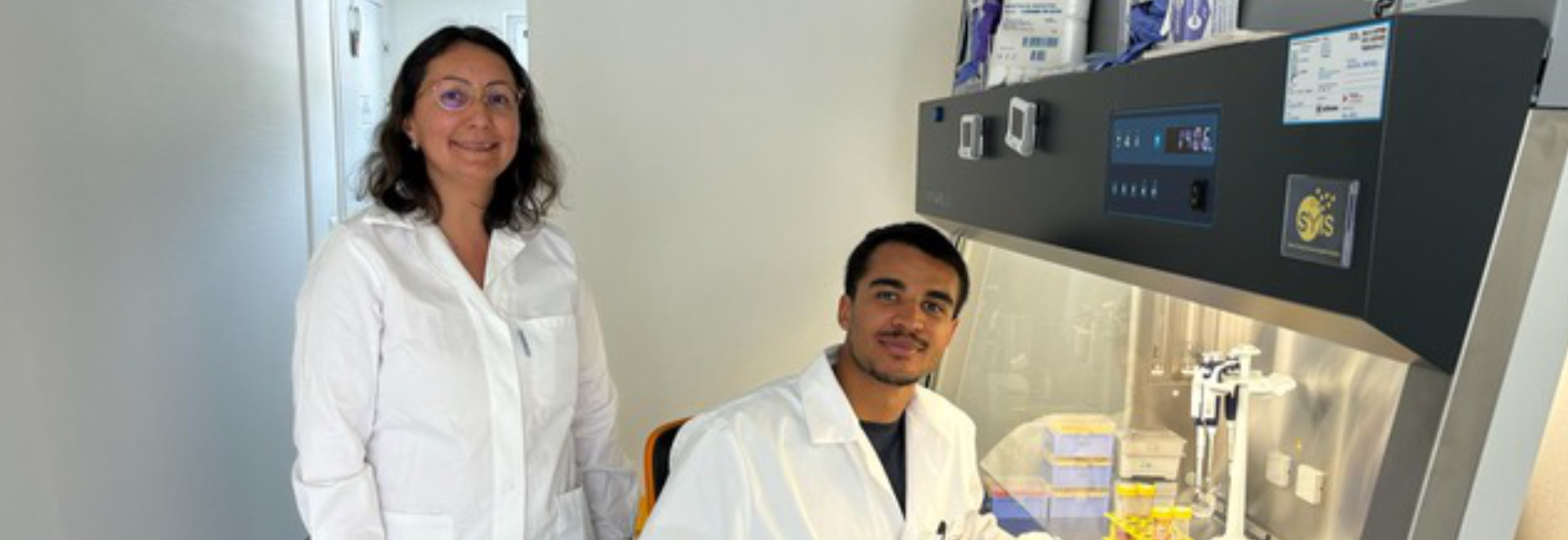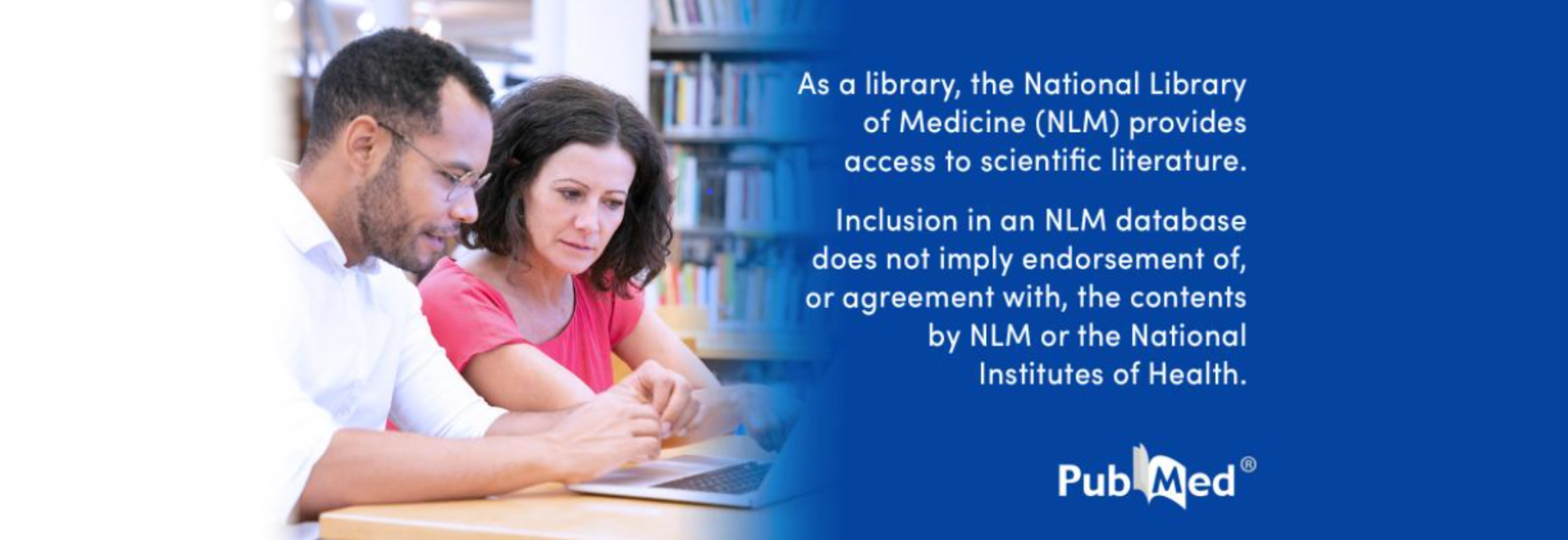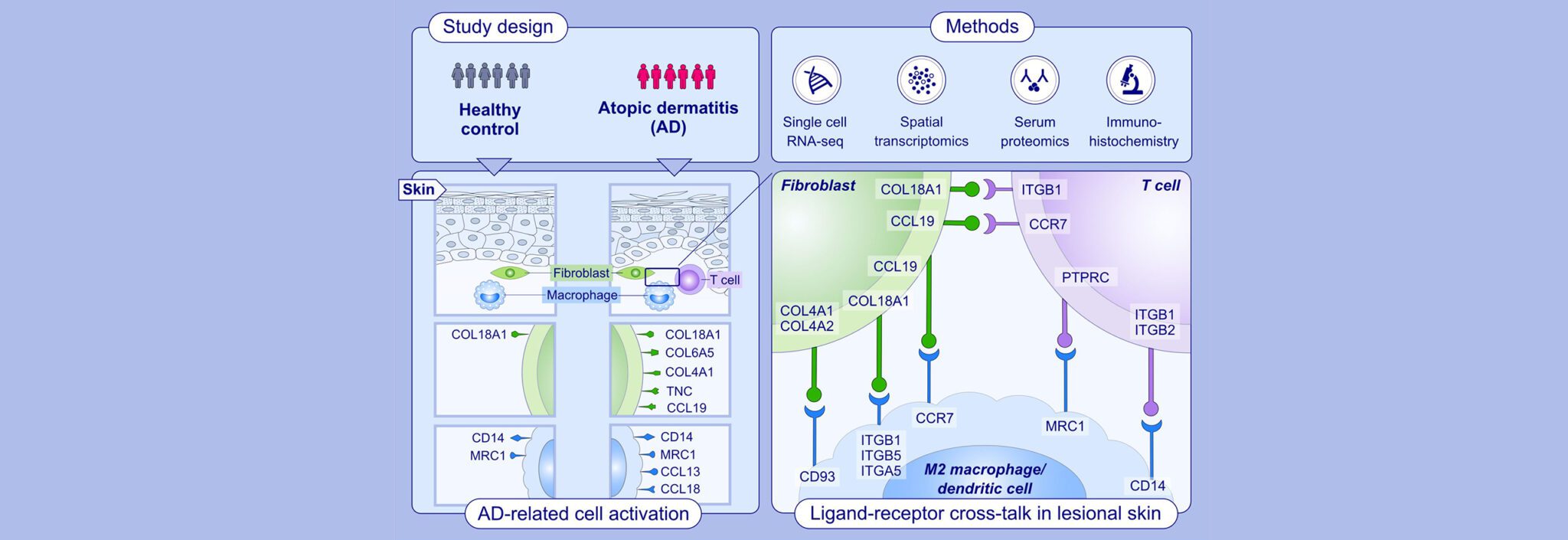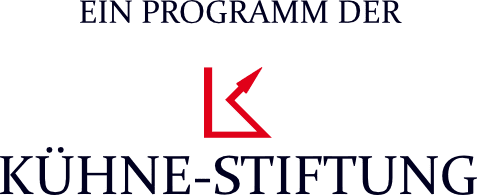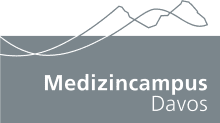Airborne pollen and fungal spores are monitored mainly in highly populated, urban environments, for allergy prevention purposes. However, their sources can frequently be located outside cities’ fringes with more vegetation.
In order to shed light on this paradox, we investigated the diversity and abundance of airborne pollen and fungal spores for various environmental regimes. We monitored pollen and spores using an aircraft and a car, at elevations from sea level to 2,000 m above ground, in the region of Thesssaloniki, Greece. We found a total of 24 pollen types and more than 15 spore types. Pollen and spores were detected throughout the various elevations. Lower elevations exhibited higher pollen concentrations in only half of plant taxa and higher fungal spore concentrations in only Ustilago. Pinaceae and Quercus pollen were the most abundant recorded by aircraft (>54% of the total). Poaceae pollen were the most abundant via car measurements (>77% of the total). Cladosporium and Alternaria spores were the most abundant in all cases (aircraft: >69% and >17%, car: >45% and >27%, respectively). We conclude that pollen and fungal spores can be diverse and abundant even outside the main source area, evidently because of long-distance migration incidents.
Author information: Damialis A1,2,3, Kaimakamis E4, Konoglou M4, Akritidis I5, Traidl-Hoffmann C1,2, Gioulekas D6.
1 Chair and Institute of Environmental Medicine, UNIKA-T, Technical University of Munich and Helmholtz Zentrum München, Germany – German Research Center for Environmental Health, Augsburg, Germany.
2 CK-CARE, Christine Kühne – Center for Allergy Research and Education, Davos, Switzerland.
3 Department of Ecology, School of Biology, Aristotle University of Thessaloniki, Thessaloniki, Greece.
4 1st Pulmonary Department, “G. Papanikolaou” General Hospital of Thessaloniki, Thessaloniki, Greece.
5 Internal Medicine Department, “G. Gennimatas” General Hospital of Thessaloniki, Thessaloniki, Greece.
6 Pulmonary Department, Faculty of Medicine, Aristotle University of Thessaloniki, Thessaloniki, Greece.


